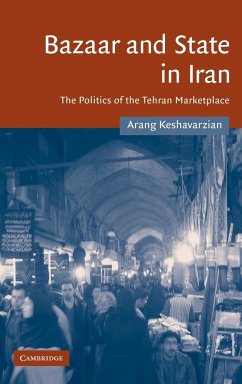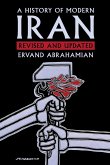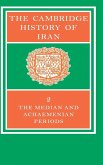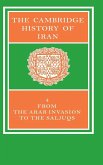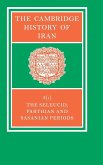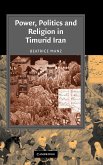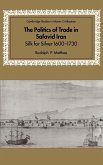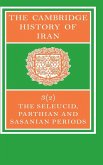The Tehran bazaar has always been central to the Iranian economy and, indeed, to the Iranian urban experience. Arang Kesharvarzian's fascinating book compares the economics and politics of the marketplace under the Pahlavis, who sought to undermine it in the drive for modernisation, and under the subsequent revolutionary regime, which came to power with a mandate to preserve the bazaar as an 'Islamic' institution. The outcomes of their respective policies were completely at odds with their intentions. Despite the Shah's hostile approach, the bazaar flourished under his rule, and maintained its organisational autonomy to such an extent that it played an integral role in the Islamic revolution. Conversely, the Islamic Republic implemented policies that unwittingly transformed the ways in which the bazaar operated, thus undermining its capacity for political mobilization. Arang Kesharvarzian's book affords unusual insights into the politics, economics and society of Iran across four decades.

